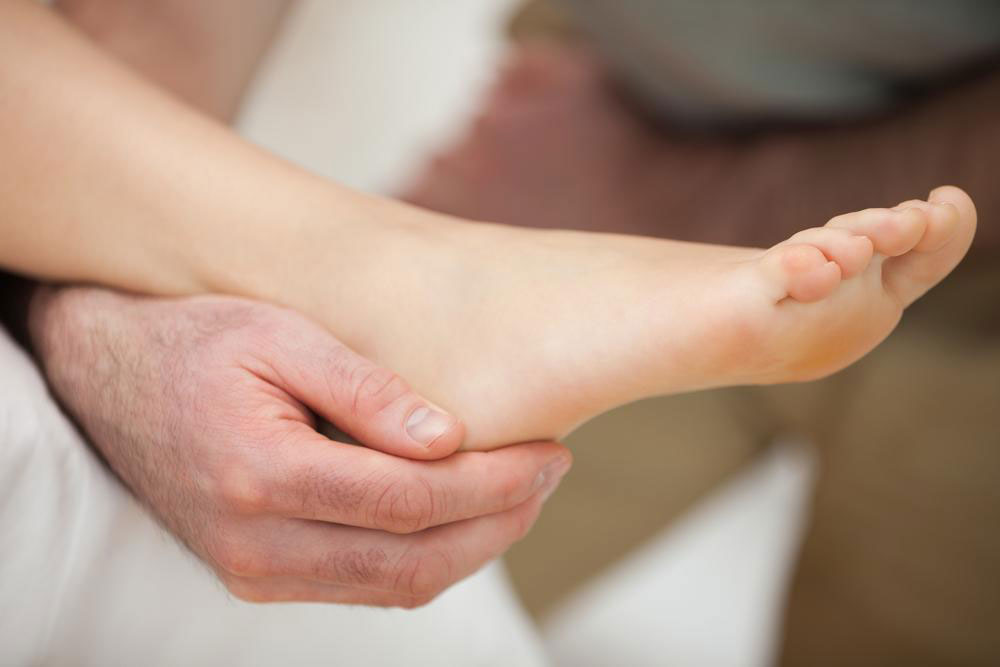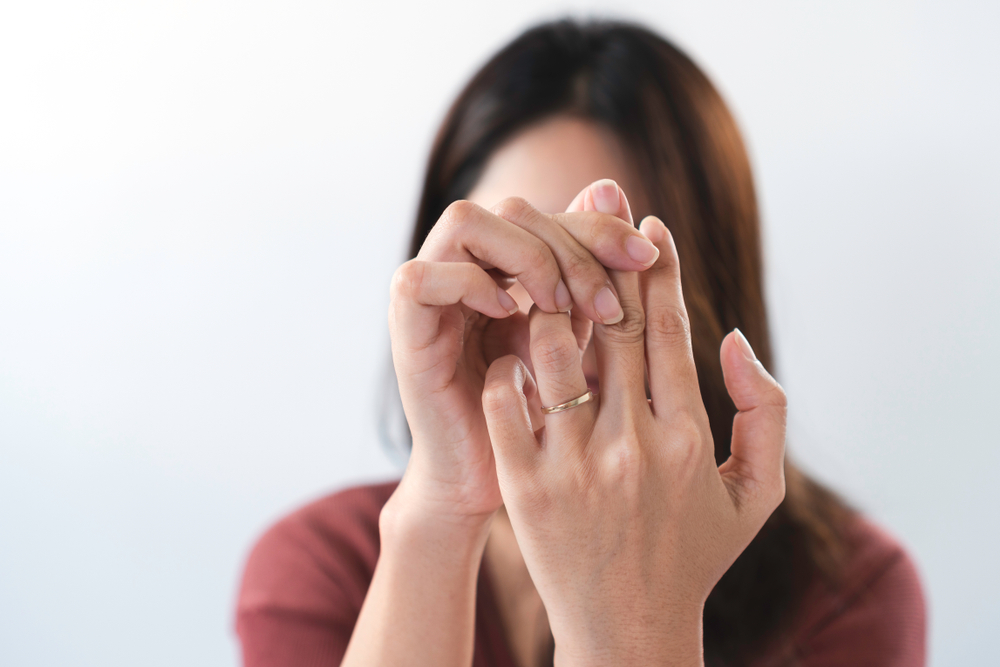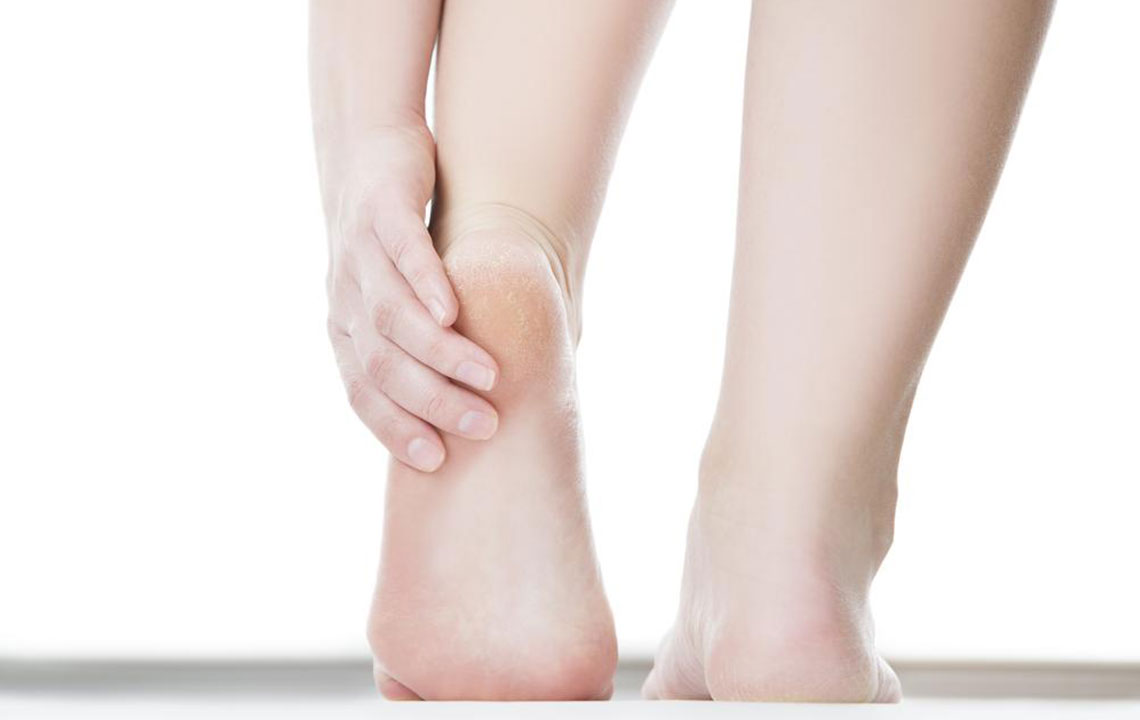Top Causes of Overactive Bladder and How to Manage Them
Discover the key causes behind overactive bladder, including weak pelvic muscles, nerve damage, pregnancy, UTIs, and stimulants. Learn how lifestyle changes and exercises like Kegel can help manage symptoms and improve quality of life. Early detection and proper care are essential for effective treatment and maintaining social activity without discomfort.

Understanding the Main Causes of Overactive Bladder
An overactive bladder is characterized by frequent, uncontrollable urges to urinate, often accompanied by leakage. This condition can hinder daily life and lead to social embarrassment if not addressed promptly. Recognizing its causes is crucial for effective management. Here are the primary reasons behind an overactive bladder:
Pelvic Floor Weakness
Supportive muscles in the pelvis hold organs in place. Factors such as childbirth and aging can weaken these muscles, resulting in urinary leakage.
This issue can often be improved through Kegel exercises that strengthen pelvic muscles, reducing symptoms.
Nerve Injury
Damage to nerves from conditions like multiple sclerosis or herniated discs disrupts communication between the bladder and brain, leading to involuntary contractions and frequent urges.
Pregnancy
During pregnancy, the expanding uterus exerts pressure on the bladder, increasing the need to urinate and sometimes causing leakage.
Urinary Tract Infections (UTIs)
Infections affecting the kidneys, bladder, or urethra irritate the bladder lining, prompting involuntary contractions and frequent urination. Good hygiene helps prevent UTIs and related issues.
Diuretics and Stimulants
Substances such as caffeine, alcohol, and certain medications promote increased urine production, filling the bladder faster and triggering more frequent urges.










